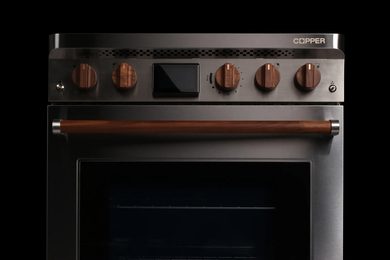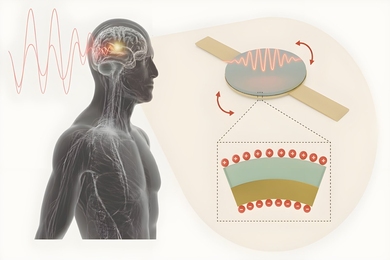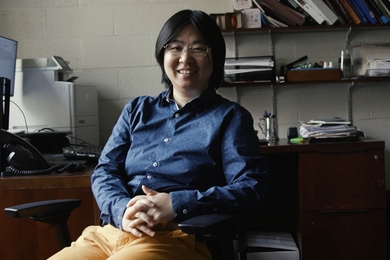Laszlo Tisza, physics professor emeritus and an expert in quantum mechanics and thermodynamics, died on Wednesday, April 15. He was 101.
Tisza, born in 1907 in Budapest, immigrated to the United States in 1941 and joined the MIT faculty. He taught at MIT until 1973, specializing in theoretical physics, thermodynamics, quantum mechanics and statistical physics.
Tisza was a colleague of famed physicists Edward Teller, Lev Landau and Fritz London, and initiated the two-fluid theory of liquid helium. His first encounter with quantum mechanics was in 1928 when, as a mathematics student in Budapest, he transferred to the University of Gottingen and attended Max Born's course. There, he was delighted to see modern mathematics applied to experience and switched his major to physics. Still, his impression that the connection between the physics and mathematics was not clear enough became the beginning of a life-long search.
Later, Tisza worked in Leipzig under Werner Heisenberg, and with Teller wrote his first paper on molecular spectra. The same theme developed into a PhD thesis, submitted in Budapest. Tisza then joined Landau's group in Kharkov and was much influenced by Landau's integration of thermodynamics into modern physics. In 1937, Tisza was associated with Fritz London in Paris, who established the connection between Bose-Einstein statistics and liquid helium. Tisza developed this into an early version of the two-fluid model of superfluidity that became standard for describing experiments.
In addition to the studies he pursued at the Universities of Budapest, Gottingen and Leipzig, Tisza worked as a research associate at the Ukrainian Physico-Technical Institute in Kharkov, Ukraine, and the College de France in Paris before coming to MIT.
Tisza was a fellow of the American Physical Society and the American Academy of Arts and Sciences, and a John Simon Guggenheim fellow. In 1966, he published "Generalized Thermodynamics."
A memorial service is scheduled for 2 p.m. Wednesday, April 22, at the MIT Chapel.
The MIT News Office will update this announcement as more details become available.
A version of this article appeared in MIT Tech Talk on April 29, 2009 (download PDF).






